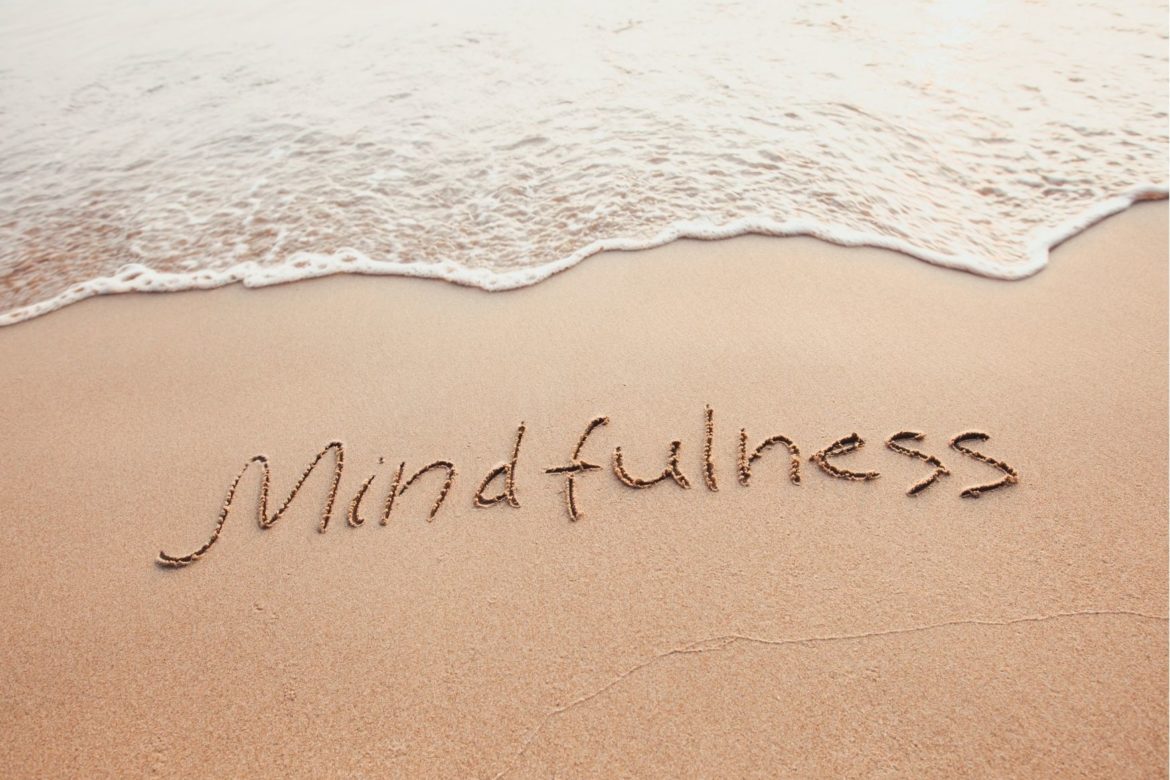What is mindfulness?
Mindfulness is the act of keeping the attention focused on the present experience and, whenever you are distracted, bring it back to the present. It is the practice of being completely present.
Have you ever read a book and suddenly found yourself at the end of the page to realize that you were distracted? You were reading the book but also thinking of something else at the same time.
In that moment when you become aware that you got distracted you broke the circle and realized you weren’t reading anymore = your mind observed itself and, by doing it, brought the attention back to the present.
Meaning of the word “mindfulness”
Mindfulness means Awareness. The concept of “mindfulness” traces to the Pali words “sati”, which in the Indian Buddhist tradition implies Awareness, Attention = Conscious Attention.
How does mindfulness work?
Mindfulness relaxes the Sympathetic Nervous System, our “Fight or Flight” system, and activates the Parasympathetic Nervous System, our “Rest and Digest” system. This lowers the heart rate, respiratory rate, blood pressure, and muscle tension, facilitating a Calming response.
What is mindfulness used for?
Mindfulness is about becoming more in control of your own mind. It is a regulatory capacity: it allows you to efficiently manage attention, emotions, and thoughts. This in turn causes a reduction in stress and anxiety, an improvement in mood and the ability to change certain automatic ways of reacting.
It is also used as a tool in many forms of psychotherapy. Being just a tool, it needs to be used by someone who knows what they are doing and generally uses it side by side with other techniques.
Imagine mindfulness is like sugar. If the goal is to sweeten the coffee, that’s fine by itself, but if there are real problems to be treated, the comparison is with cooking a cake… using only sugar it’s not enough.
Benefits of mindfulness
- Reduces stress
- Fosters positive mood
- Enhances emotional health
- Positively impacts anxiety and stress-related disorders
Of course, depending on the level of stress and anxiety, sometimes mindfulness might not be enough on its own and additional support will be essential.
If you feel concerned about the level of anxiety you are experiencing, make sure you look for help. Contact your GP to discuss further or talk to friends and family to find ways to improve the challenging situation.
Does this resonate with you and would like to discuss further? Feel free to contact me @ mctherapylondon@gmail.com
For more articles, my perspective, and thoughts on a variety of subjects that you might find useful, please visit my website @ https://www.mariacau.com/blog/
You can also find me in IG: https://www.instagram.com/mc.therapy/
l

